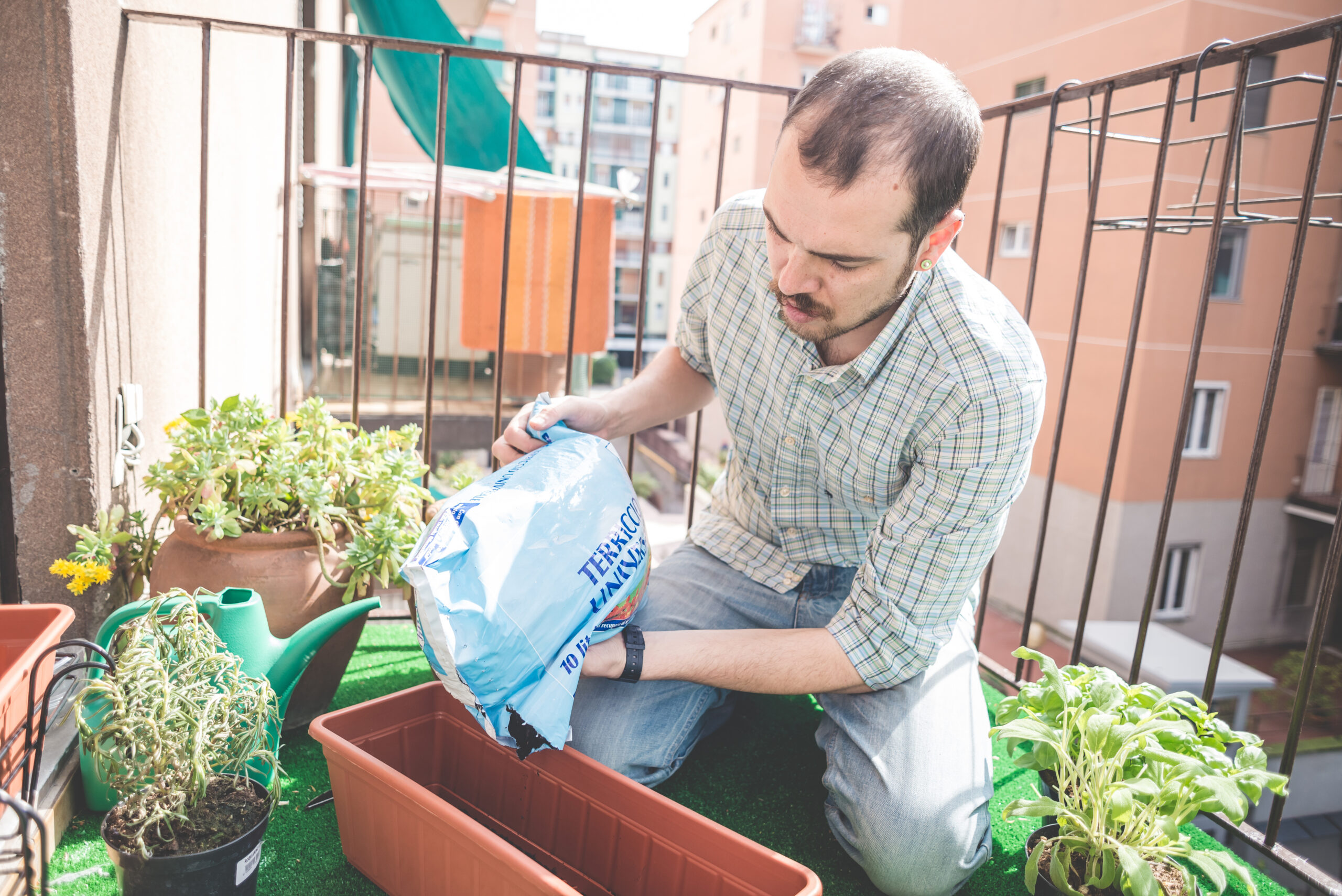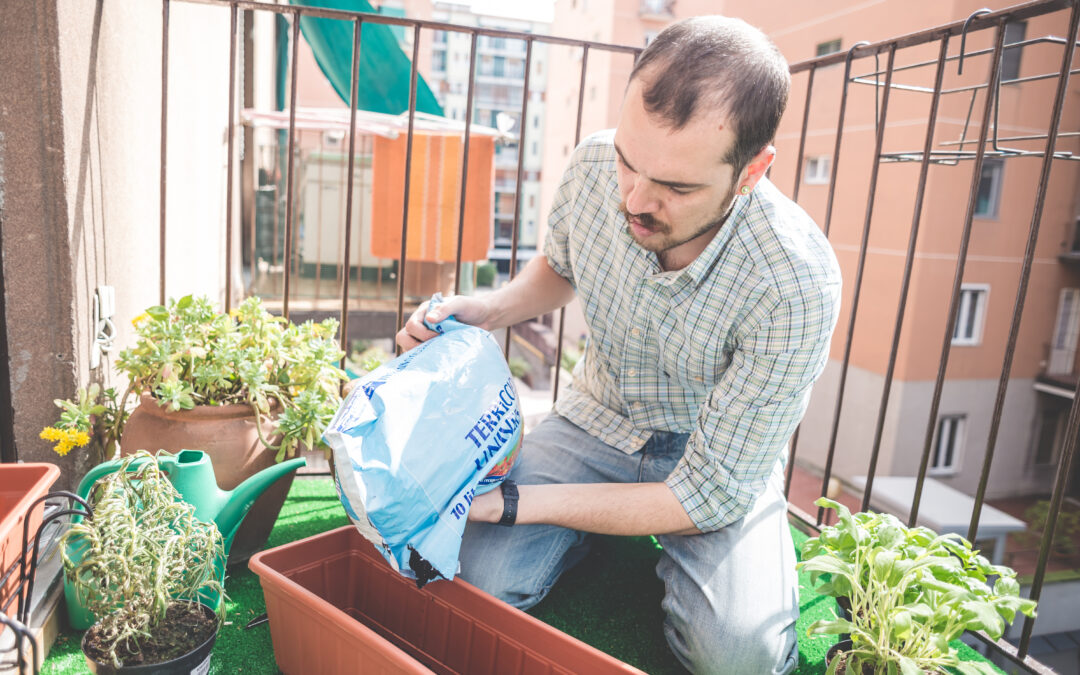Organic gardening is a method of growing plants and vegetables without the use of synthetic fertilizers, pesticides or genetically modified organisms (GMOs). It’s an eco-friendly way to grow your own food that has numerous benefits for both you and the environment. In this blog post, we will explore the health benefits of eating organically grown food, how organic gardening can help the environment, as well as tips for starting your own organic garden.
Introduction to Organic Gardening
Organic gardening involves using natural methods to nourish and protect plants from pests and diseases. This includes composting, crop rotation, companion planting, and the use of natural insect repellents like neem oil or garlic spray. By avoiding chemicals, organic gardeners create a safer and more sustainable system that promotes soil health, water conservation, and biodiversity.
The Health Benefits of Eating Organically Grown Food
Eating organically grown food has many potential health benefits. Firstly, it reduces exposure to pesticide residues which have been linked to various health problems such as cancer, birth defects, and nervous system disorders. Secondly, organic produce tends to be higher in nutrients than conventionally grown crops because they are not stripped of their minerals through overuse of synthetic fertilizers. Thirdly, organic farming practices promote better animal welfare by providing space for animals to move around freely and access to sunlight and fresh air.
How Organic Gardening Can Help the Environment
Organic gardening can also benefit the environment in several ways. For one thing, it helps reduce greenhouse gas emissions by sequestering carbon dioxide in the soil. Additionally, it conserves water by improving soil structure and increasing its ability to retain moisture. Furthermore, it supports beneficial insect populations like pollinators and predators that help control pest outbreaks naturally. Finally, it reduces pollution caused by runoff from conventional agricultural practices.

Tips for Starting Your Own Organic Garden
Starting your own organic garden doesn’t have to be difficult. Here are some tips to get started:
1. Choose the right location – select an area with good drainage and plenty of sunlight.
2. Build healthy soil – add compost, manure, or other organic matter to enrich the soil.
3. Use natural pest control – attract beneficial insects like ladybugs and lacewings, or make your own natural insect repellent.
4. Plant selection – choose varieties that are well-suited to your climate and soil conditions.
5. Water wisely – conserve water by mulching your plants and only watering when necessary.
In conclusion, organic gardening offers numerous benefits for both you and the environment. From improved health to reduced environmental impact, there are countless reasons why you should consider making the switch to organic gardening. So go ahead, start your own organic garden today!





